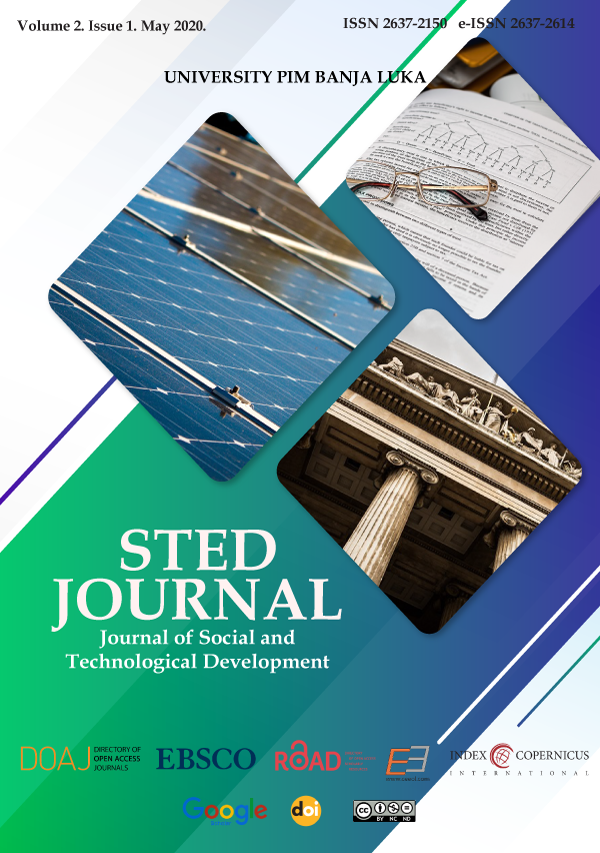Paradoksalni odnos kongnicije i nekognicije
The paradoxical relationship of cognition and noncognition
Author(s): Miroslav ĐurićSubject(s): Psychology, Cognitive Psychology, Behaviorism
Published by: Univerzitet za poslovni inženjering i menadžment
Keywords: simulation; material flow; production process; analysis;
Summary/Abstract: The research was carried out from April to July 2019, in Republika of Srpska. The sample was suitable. It was made up of 294 respondents aged between 15 and 73. The average age of the respondents was 22,92 years. Male respondents numbered 120 or 40,82%, and females 174 or 59.18%. Independent variables are gender and age. The dependent variable is the level of the cognitive component of the social attitude. Milosavljevic’s Skala PARADOKHIP & BM-2006-02-26 was used to examine the levels of cognitive component of the social attitude. The aim of the research was to verify the hypothesis about the paradoxical relationship of cognition and non-cognition in the cognitive component of the social attitude, according to which a greater scope of the cognitive component of the social attitude corresponds to an even greater extent of the experience of non-cognition (not-knowing) and vice versa. It has been confirmed that the greater scope of cognition in the cognitive component of the social attitude corresponds to an even greater extent of the experience of non-cognition, regardless of the gender of the respondents. With the aging, there is also a growing awareness that a greater scope of cognition in the cognitive component of the social attitude corresponds to an even greater extent of the experience of non-cognition, and the existence of statistical significance (p<.05) has been confirmed between the categories of subjects aged 15- 18 and 24-73.
Journal: Časopis o društvenom i tehnološkom razvoju
- Issue Year: 2/2020
- Issue No: 1
- Page Range: 28-35
- Page Count: 8
- Language: English, Serbian

